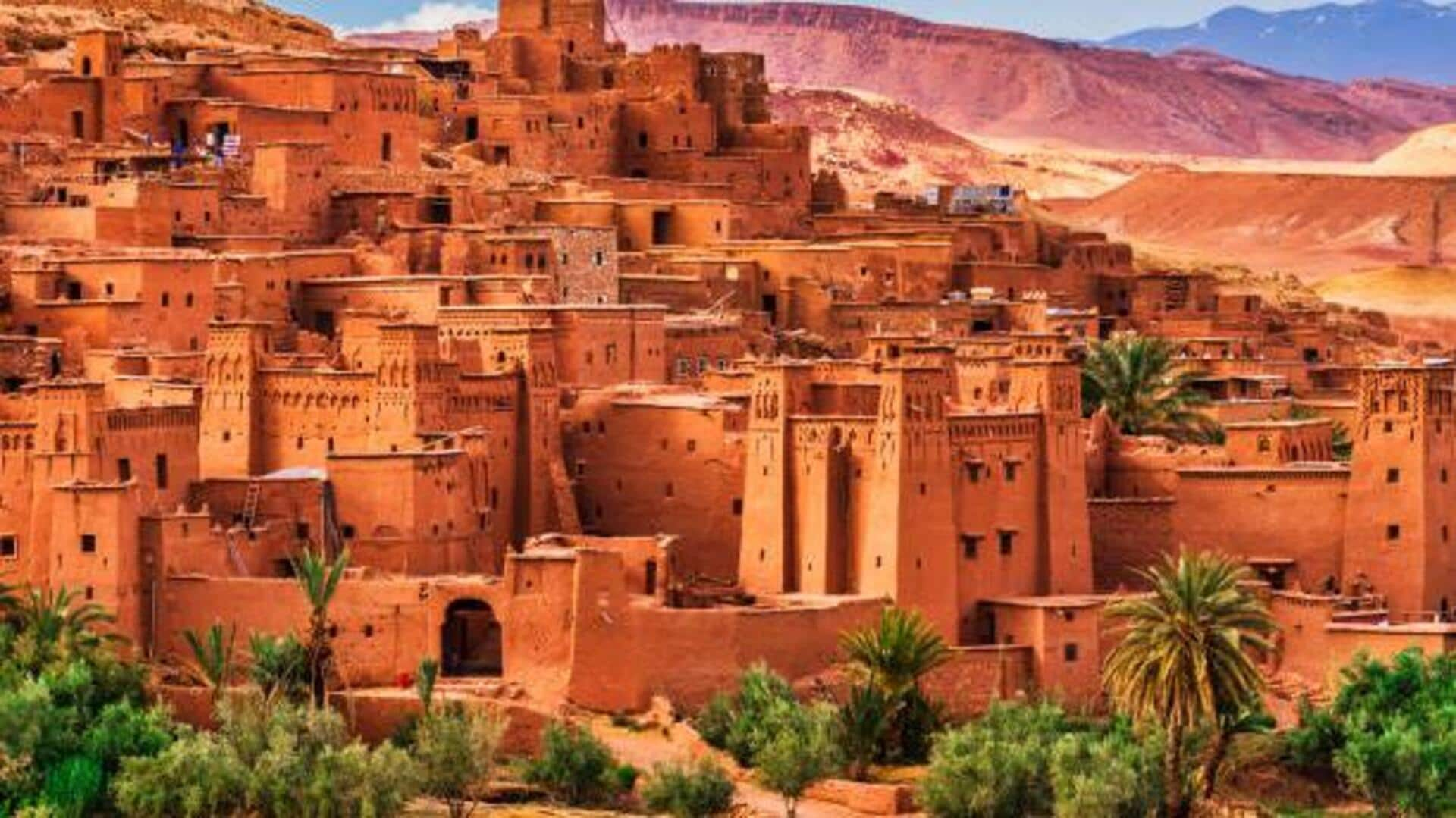
How to explore desert villages
What's the story
Exploring uncharted desert villages gives you a chance to immerse yourself in cultural diversity like never before. These remote villages give you a peek into age-old lifestyles, customs, and practices that have been preserved for centuries. You can interact with local communities, partake in age-old traditions, and learn about the daily lives of the locals. Here's all about these special cultural immersions.
#1
Traditional crafts and artistry
Often, desert villages are home to skilled artisans, who create intricate crafts using traditional techniques, generations old. Visitors can witness the making of pottery, textiles, and jewelry, which reflect the region's heritage. Engaging with artisans provides an understanding of their craftsmanship and allows for hands-on participation in workshops. This interaction not only supports local economies but also fosters appreciation for cultural artistry.
#2
Local cuisine experiences
The culinary offerings in desert villages also reflect their rich cultural tapestry. Visitors get a chance to savor authentic dishes made from locally sourced ingredients. Joining cooking classes or dining with local families gives an insight into traditional cooking methods and flavors unique to the region. These experiences let you connect deeper with the culture through its food traditions.
#3
Festivals and celebrations
Desert villages host colorful festivals that bring alive their cultural heritage with music, dance, and rituals. Visiting these events ensures that you get to experience community spirit up close as locals congregate to celebrate important occasions. Taking part in these festivities gives you an immersive experience where you can learn about historical narratives attached to each celebration while enjoying lively performances.
Tip 1
Sustainable tourism practices
Travelers should practice mindful tourism in desert villages, respecting local customs and the environment. Prioritizing eco-friendly accommodations and supporting initiatives that preserve natural resources benefits residents economically. Fair compensation for services like guided tours or craft purchases contributes to sustainable development goals, reflecting a global shift towards responsible travel choices facilitated by online education outreach.